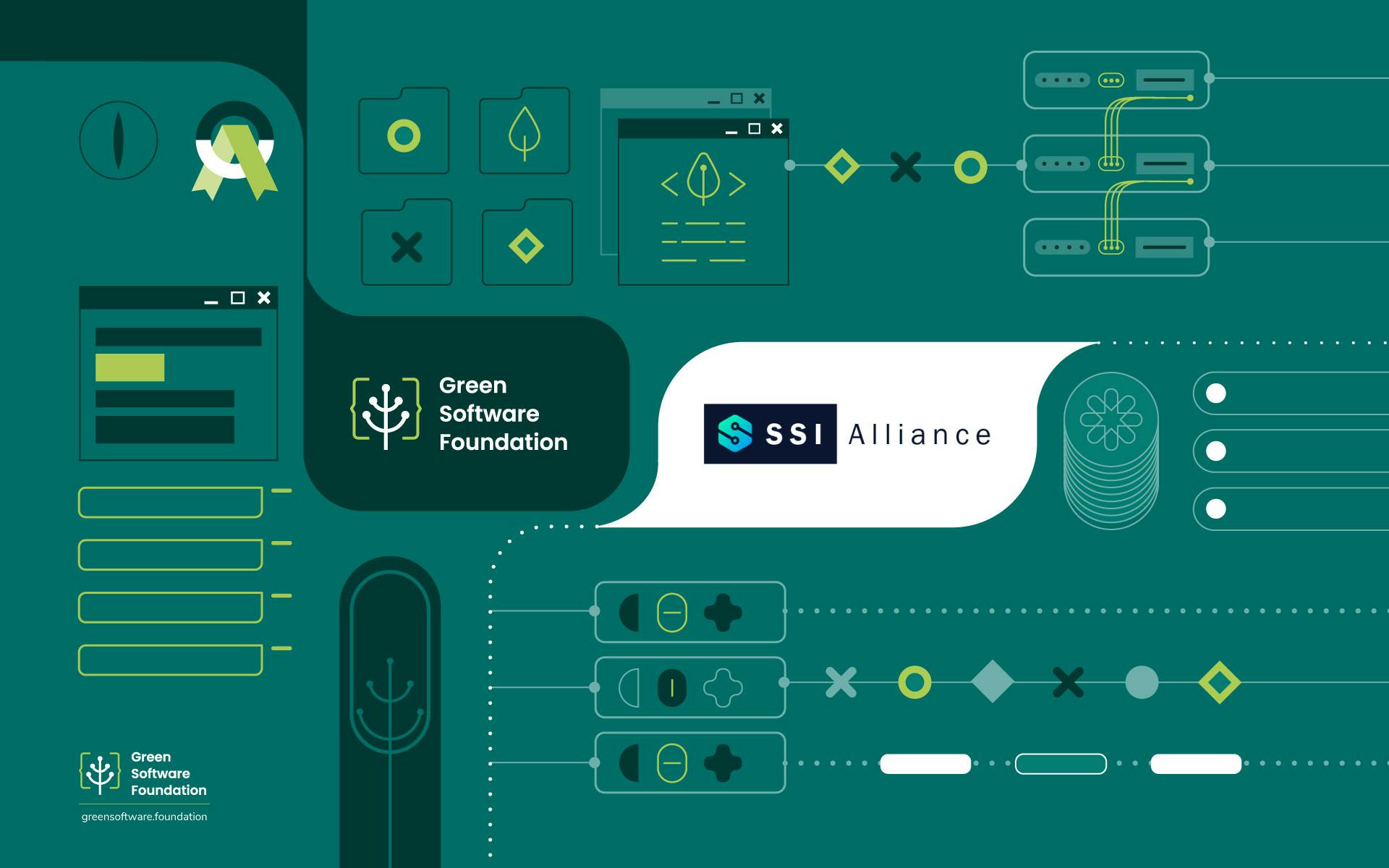DELAWARE— November 21, 2024 — The Sustainable and Scalable Infrastructure Alliance (SSIA), a community and open standard for sustainable enterprise and edge data center innovation, today announced it has joined the Green Software Foundation (GSF), an ecosystem of people, standards, tooling and best practices for creating and building green software. As part of the merger, the GSF will launch a Hardware Standards Working Group to develop comparable and reliable standards for sustainable digital infrastructure.
The Hardware Standards Working Group will focus on several things. First, it will collaborate on the next Open19 spec, the SSIA’s open data center hardware project. Second, it will focus on training and education for data center operators on liquid cooling, power systems and reference architectures. Third, it will prioritize further connecting data center infrastructure with the world of software. This will help define how the industry builds tech over the next 10 years, where software responds to the entire stack in the next evolution of carbon aware computing.
“In the past, making tech more sustainable has been largely about making hardware more efficient, with software often relegated to a secondary role,” said Sanjay Podder, Lead for Tech Sustainability Innovation at Accenture and Chair of the Board for the Green Software Foundation. “Uniting hardware and software under one ecosystem with greening software as a major demand driver sets the stage for a future where software leads us in reducing emissions for the ICT sector as a whole.”
All existing SSIA members will be part of the Green Software Foundation Hardware Standards Working Group and have a significant opportunity to benefit from established GSF resources. GSF members will be able to play a role in this larger push for increased compatibility between hardware and software. To kick off the merger and onboarding of SSIA, the GSF will host an initial workshop in Q1 2025 by invite, followed by a series of workshops dedicated to the charter of the Hardware Standards working group.
Addressing the Need for Cross-Domain Collaboration
As the internet evolved, it relied on specialized silos to deliver peak performance across multiple domains (compute, network, storage, power, cooling, control plane, etc.) While that has helped for scaling up, now, especially with the fast-paced growth of AI, it disrupts progress in making software and digital infrastructure more energy efficient and climate responsive without compromising each domain’s ability to scale independently.
No organization has effectively unified these domains to collaborate and help the information and communication technology (ICT) sector meet its sustainability goals. The merger between the SSIA and GSF will create a comprehensive organization to better navigate the interconnectedness of the software and hardware ecosystems in the digital economy. The combination will help dismantle legacy cultures of siloed practices and solutioning, and accelerate the world’s transition to a more efficient use of digital infrastructure technology with the end goal of meeting climate responsibilities.
“Software is more than just a component — it is the essential fabric binding together networking, data centers, silicon, cooling solutions, and end-user devices,” said Sean Mcilroy, Program Manager at the Linux Foundation The coming together of hardware and software will redefine what is possible for sustainable and efficient infrastructure in an AI-driven future.”
“Only through thinking about systems end to end will the ICT sector be able to meet its aggressive climate goals and responsibilities,” said Denise Lee, VP of Engineering Sustainability at Cisco. “One of the first planned projects for the new Hardware Standards working group will be developing mycelium specifications, a set of standardized signals to allow energy, telecoms, cooling, data centers and software applications to communicate and enable efficiencies across the whole tech stack. Now is a great time to get on board and be part of this group and first workshop.”
Sign up to express your interest in joining the Hardware Standards Working Group and upcoming workshops.
About Sustainable and Scalable Infrastructure Alliance
The Sustainable and Scalable Infrastructure Alliance (SSIA) is the world’s leading community-based organization advancing infrastructure technologies and standards that power our digital world in a sustainable, scalable way. Founded in 2016 as the Open19 Foundation, the SSIA is committed to solving the cost, efficiency, and operational challenges of modern data centers with a focus on environmental sustainability and efficient cloud-to-edge deployment models. In 2021, the organization joined the Linux Foundation, bringing its hardware and datacenter innovators community to the world’s largest open-source ecosystem. For more information, visit: SSIA website.
About Green Software Foundation
The Green Software Foundation (GSF) is a nonprofit organization under the Linux Foundation. It aims to create a trusted ecosystem of people, standards, tooling, and best practices for building green software. Members of the GSF represent a balanced mix of for-profits, nonprofits, and academia from around the globe and include several Fortune Global 500 firms. The Foundation operates by consensus. Four Working Groups — Standards, Policy, Opensource, and Community — currently oversee the Foundation's ongoing projects.
GSF Contact: Sean Mcilroy - [email protected]
This article is licenced under Creative Commons (CC BY 4.0)
